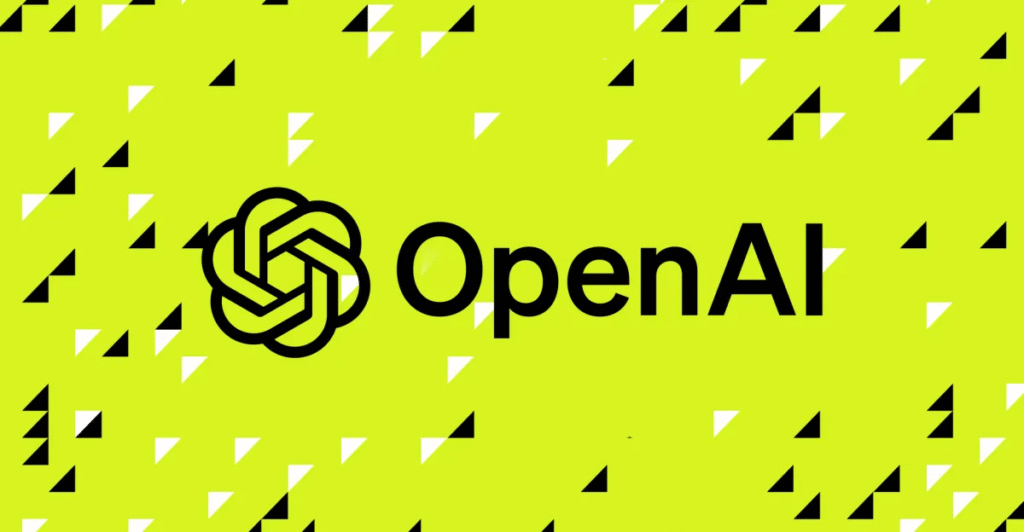OpenAI is creating more waves in the AI industry with the rumor of another model in the works, and the release of their previously announced one is just around the corner. Speculations regarding the release date GPT-5 is set to be announced in August 2025, after the release of ChatGPT, has already set the AI community abuzz. Just a week ago they ChatGPT Agents which means OpenAI is aiming at another big milestone in the AI industry.
OpenAI GPT-5 release date and features information suggests that the model is set to be a
A History of the Enhancements Leading Up to GPT-5
Understanding the gist of the changes in sequential Order is crucial to comprehending the changes in GPT 5:
- November 2022: ChatGPT gained immense popularity with the release of GPT-3.5.
- March 2023: OpenAI’s release of GPT-4 marked a shift in the capabilities of linguistic AI.
- March 2024: The omni or GPT-4o model comes out with superior rational multi model abilities, while respondign at a faster rate.
- Now: Just under a hear after the launch of GPT-4, we expect to have GPT-5.
GPT-5’s release was bumped in favor of focussing on reasoning mini models o3 and o4. Open AI’s CEO confirmed the delay and stated that the team was working on other priorities. However, all eyes are on GPT-5 now as the potential it carries is astounding.
GPT-5 is trying to specialize in these two model types.

GPT models are general as they are fast and capable of performing day to day tasks.
O-series models (o3, o4) are slow but powerful, great for deeper reasoning and logic-heavy tasks.
GPT-5 will combine strengths from both model types and make intelligent decisions on which model to use, which means better answers, faster, cheaper. No need to switch model types.
Why does GPT-5 matter?
It is smarter than the rest and we care for smart systems these days. It means it is able to balance speed and performance.
Users can now decide between faster and accurate models which is great, but not effective. Most users are ignorant to the model’s tasks. GPT-5 will eliminate this autonomous dependency. We set it and forget it now.
Key Advantages of GPT-5:
- Advanced automation: Works faster, easier and more efficiently. No manual setting required.
- Cost effective: Saves resources and performs tasks for non resource demanding models.
- Highly precise: Shifts to problem solving in intricate detail when required.
- Enhanced result but no toggles or trial and error
What will GPT-5 feature?
Based on the plans of OpenAI, GPT-5 will incorporate all the essential elements of ChatGPT:
- Voice – Conversing naturally and seamlessly will be possible with ChatGPT.
- Canvas – Chat or draw with the chatbot visually.
- Search – Use real-time, web-based data for up-to-the-minute information.
- Deep research – Examine the information for greater detail and context.
Provide text, images, and possibly video for analysis.
User Categories:
- Free users: Access GPT-5 at basic AI functionalities.
- ChatGPT Plus: Intelligence features are upgraded to a higher tier.
- ChatGPT Pro: Unlock the most sophisticated features and the settings.
What will be missing in GPT-5
Altman makes it clear that GPT-5 is still under research. It will be a leap in development, but not flawless.
He also mentions that it will not be up to the gold standard AI model of the International Math Olympiad IMO level. That extraordinary model will be available at a later date and is expected to use entirely new methods of research.
Another limitation is that GPT-5 will not fully be open source. Though there are reports of OpenAI working to provide an open language model, it would be their first one since GPT-2.
Why All the Attention on GPT-5?
Besides the public teases offered by Altman, media outlets are getting in on the action as well.
- The Verge cited insider sources saying GPT-5 is set for early August 2025.
- The new model will be launched along with “mini” and “nano” versions which developers will be able to access through OpenAI’s API.
Even with scant official information, GPT-5 has a lot of buzz around it because of anticipated smarter integration and the following features:
- Multilevel access
- Advanced AI-generated reasoning
- And, potentially, a user-friendly AI for the masses.
AI Safety and Responsibility
The excitement surrounding GPT-5 comes with its fair share of worries.
Recently, researchers from OpenAI, Anthropic, Meta, and Google released a joint statement on AI safety asking for more collaboration on AI guardrails and greater transparency. OpenAI seems to be keeping that in mind as it prepares GPT-5, promising a cautious defined rollout involving careful testing and feedback sought from outside experts.
“We’re committed to making GPT-5 a safer, more thoughtful AI,” OpenAI said.
Summary: Key Takeaways on OpenAI GPT-5 Release Date and Features

Here’s what to keep in mind:
- GPT-5 release is likely in August 2025.
- It blends GPT-5’s speed with the O-series reasoning.
- Access will range from free users to Pro-level capabilities.
- Expect new features like voice, canvas, and deep research.
- It’s powerful, but still not the latest model developed by OpenAI.
- OpenAI is also working on its first open-source language model since GPT-2.
- Safety and experimental prototyping takes priority.
Final Thoughts
AI interactions may be transformed dramatically by the release of GPT-5. Built to support the user, not burden them, it flexibly combines advanced intelligence and performance handling.
While waiting for the release, it does appear GPT-5 will not only be smart and fast, but equipped with the best user friendly features.
Check for further notifications, and for the developers and enthusiasts to AI, be prepared for what might be the most significant progress OpenAI has made after GPT-4.
